
At the Commonwealth War Graves in Hotton in Belgium are 666 burials of soldiers, sailors and airmen who fell during World War Two. Twenty-one of these are unidentified. The British Expeditionary Force was involved in the later stages of the defense of Belgium following the German invasion in May 1940, Fall Gelb, and suffered many casualties in covering the withdrawal of the retreating forces to Dunkirk. Commonwealth forces did not return to Belgium until September 1944, but in the intervening years, many airmen were shot down and crashed during raids on strategic objectives in Belgium or while returning from missions over Germany. The village of Hotton was the western limit of the great German counter offensive; The Battle of the Bulge or Wacht am Rhein in German. The operation punched a 110 km deep salient in the Allied Forces positions in the Belgium Ardennes in January 1945. A great many of the burials in Hotton War Cemetery date from that time, although there are also some from May 1940.
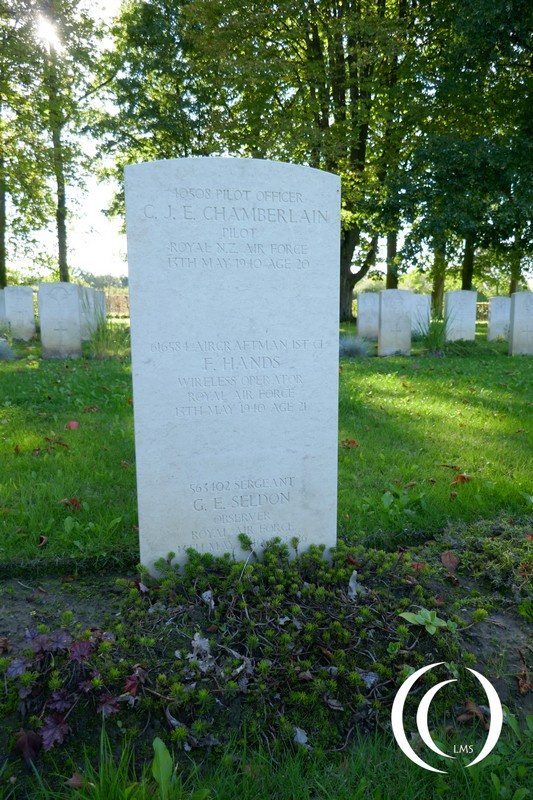
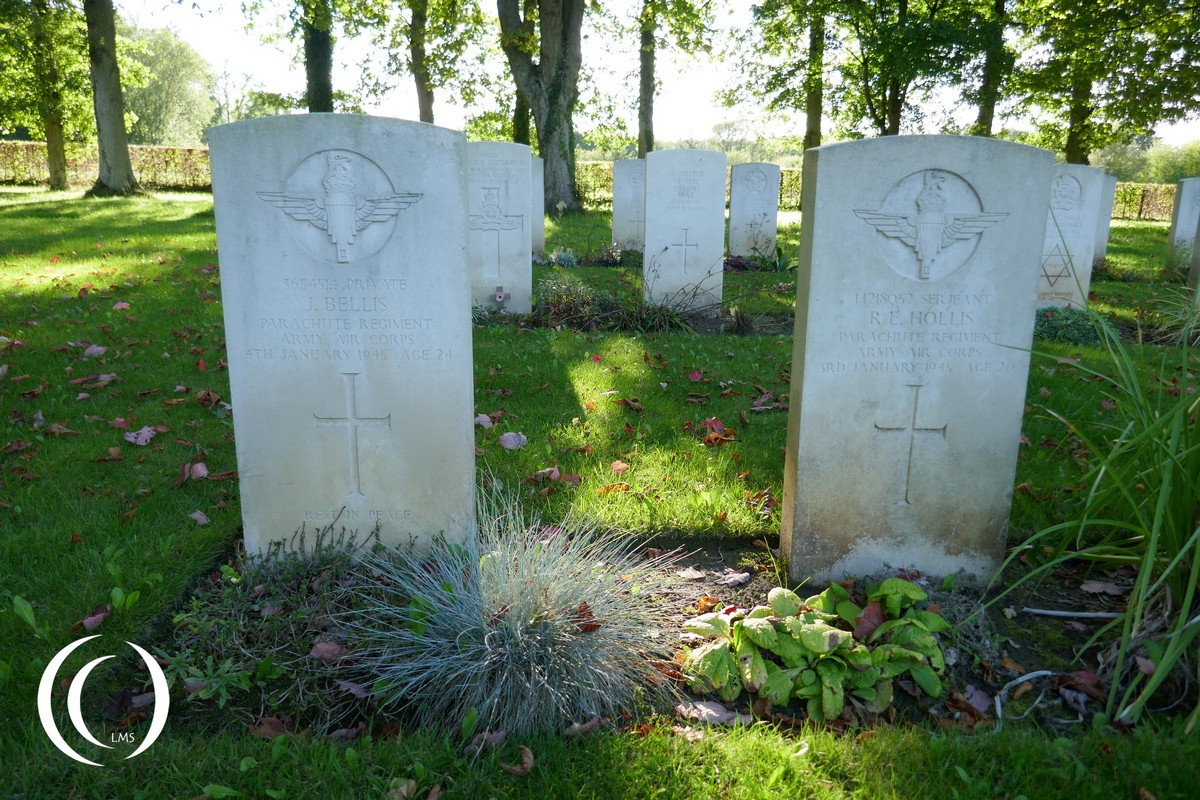
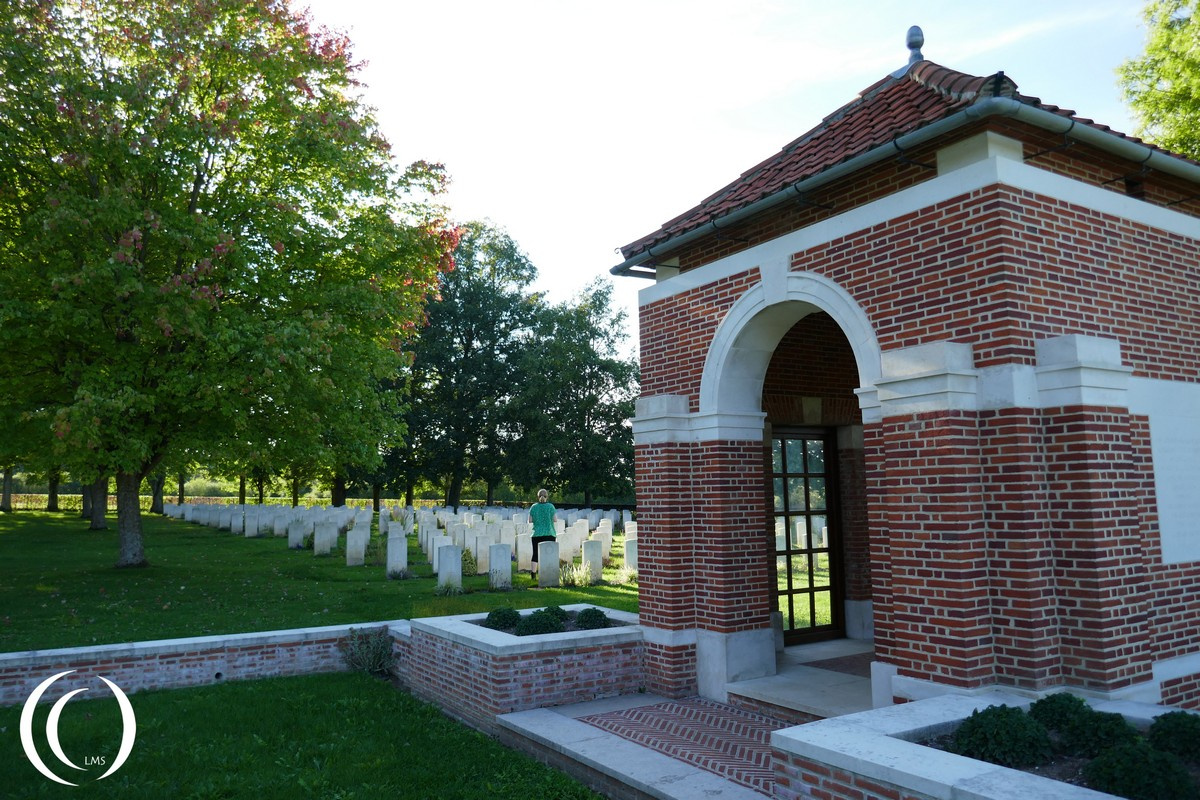
Of the 666 burials 340 are soldiers including the 21 unidentified burials and 325 are airmen. Of these there are 88 Canadians, 41 Australians and 10 New Zealanders. One Polish airman and one British war correspondent. The remaining are of British Nationality.
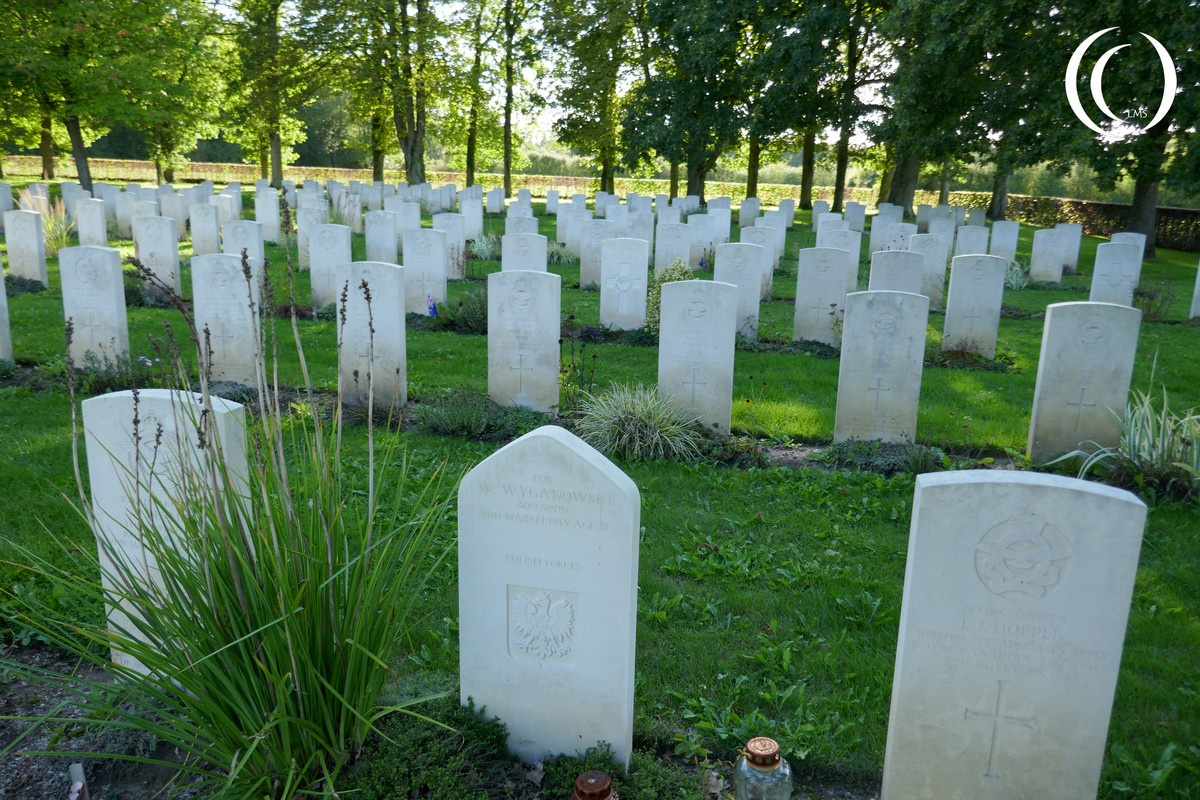

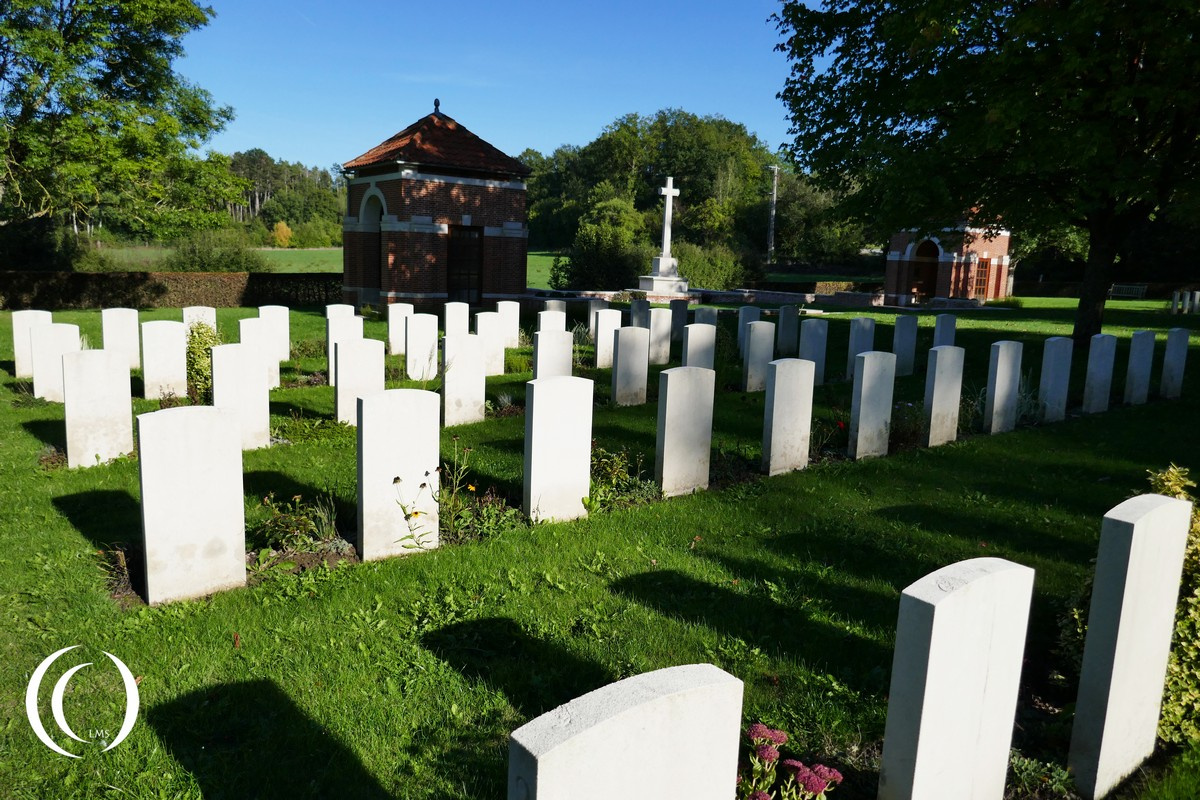
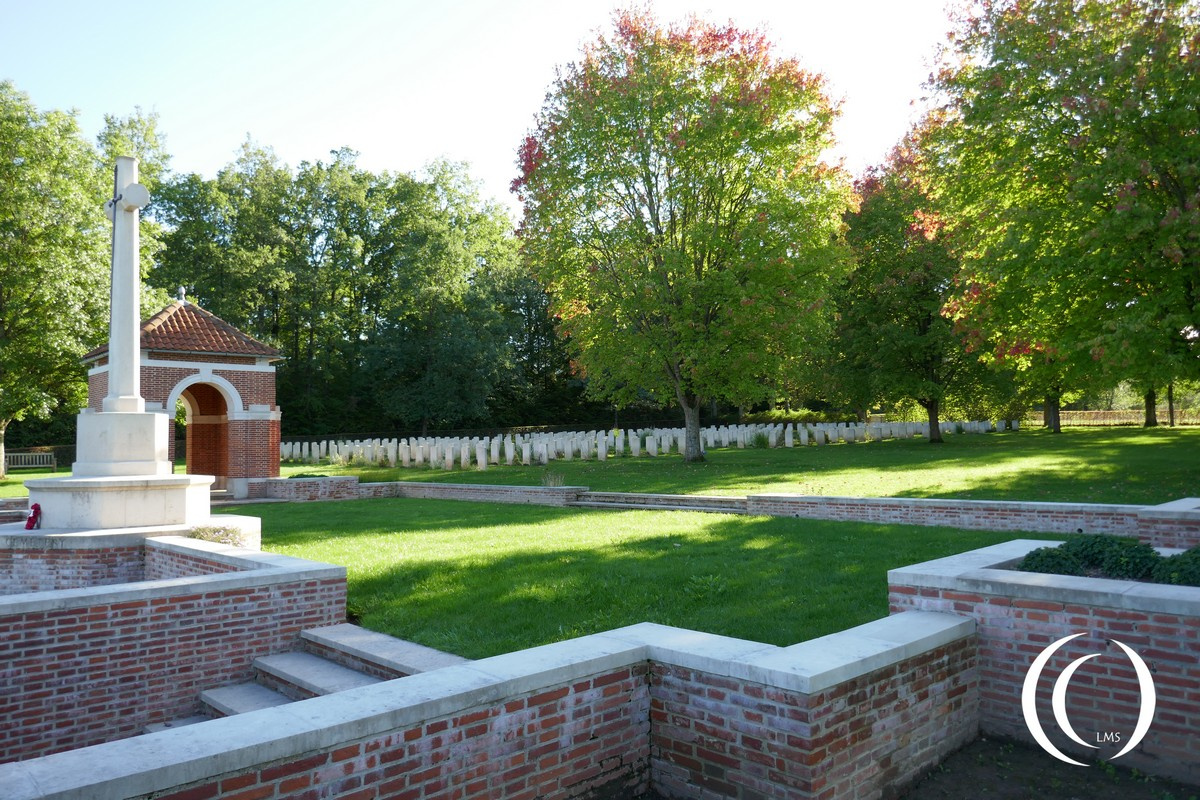
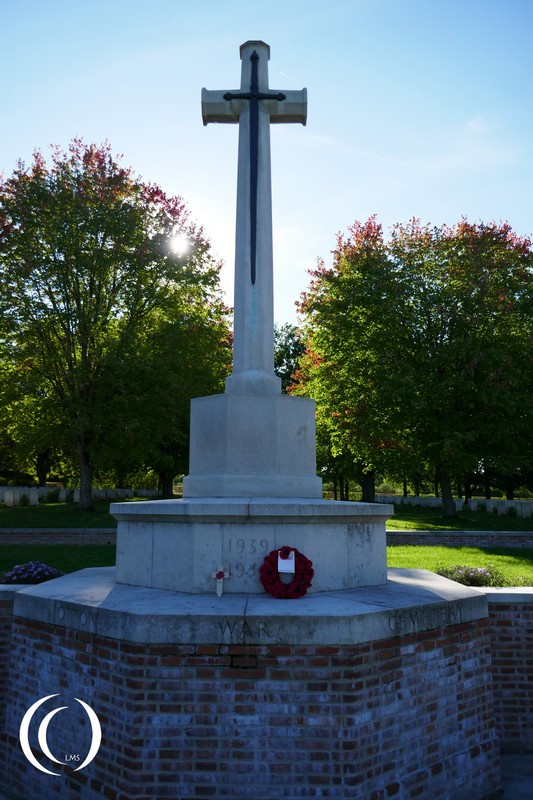
One grave stands out, it is burial number 666. Not fallen during World War Two but in 1978. It is J. Short. James or Jimmy Short was the Hotton gardener from 1949 until his retirement on 31 October 1978 and has a place of honor on the Hotton War Cemetery. Mr. Short requested to rest along the graves he had tended for so many years, he died in November 1978.
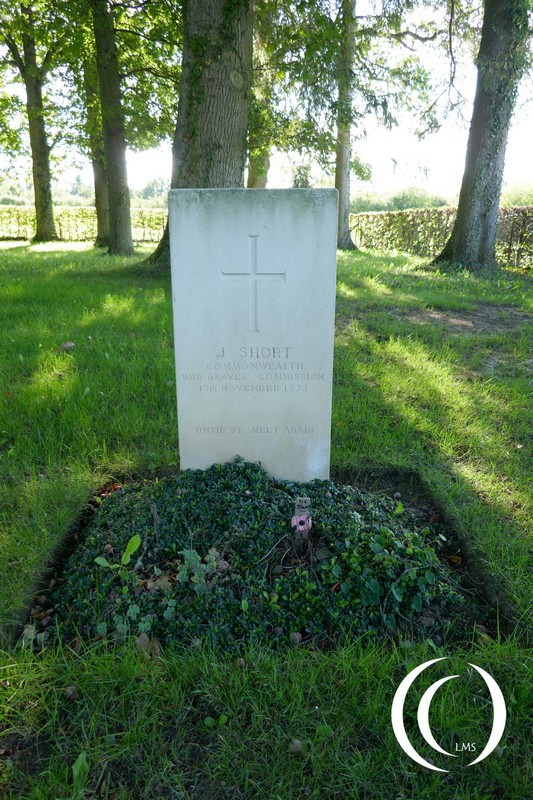
Flight Lieutenant John Wilbert Edmund “Webb” Harten
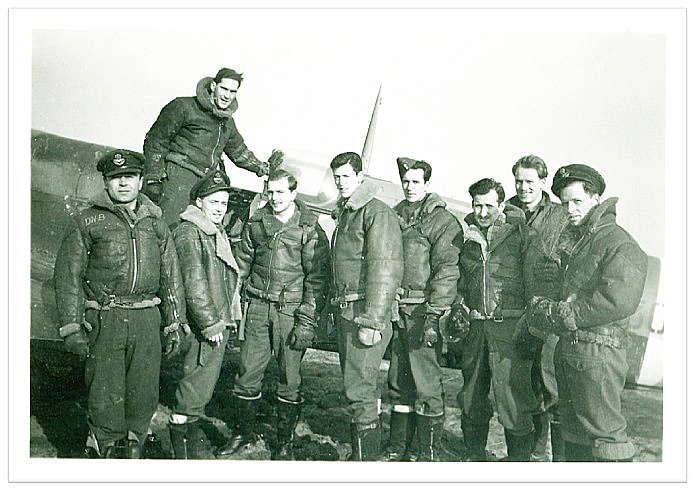
Flight Lieutenant John Wilbert Edmund “Webb” Harten, a Flight Lieutenant from Sault Ste. Marie Ontario, Canada, flew with 416 Squadron on his second tour in World War Two. Born in Canada, son of Robert Forest Harten and Aimee May Hasten. On his first tour he flew with Squadron 422. Before he participated in the Schiphol Raid in the Netherlands, shooting down a Bf 109. On his second tour he spent several months as inspector, later he was relocated when Squadron 416 with its spitfires moved to the front. Early 1945 the Allied forces moved fast towards and into Germany. Sqdn 416 had to secure the front in the air and take out ground targets in their designated sector. During this time Flight Lieutenant “Webb” Harten had a confirmed kill on a pair of Focke-Wulf Fw 190 German Fighters and multiple ground targets.
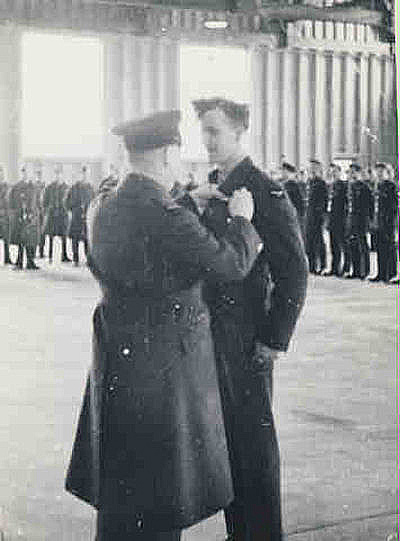
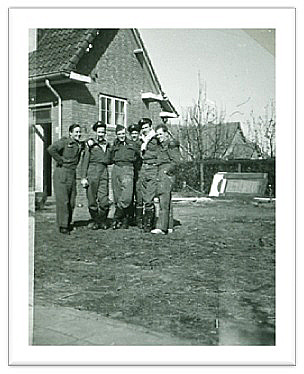
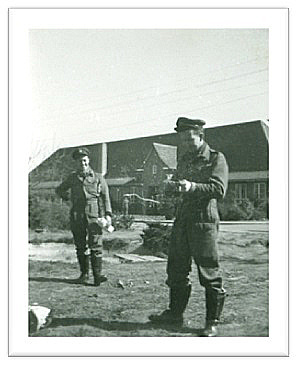
On Thursday 19 April 1945 Harten spotted a freight train moving near the German town of Wilster and he piloted his Spitfire down for a low level attack. His Spitfire type LF.XVI was hit by a burst of Flak. The fighter stayed airborne for a short while before crashing down near the town of Kiebitzholz and killing John Harten. He was 27 years old.
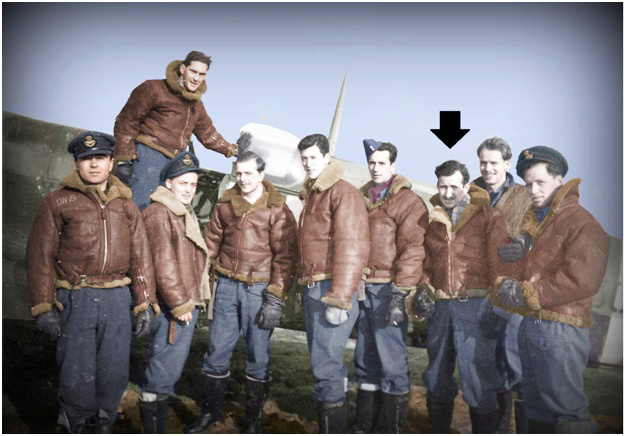
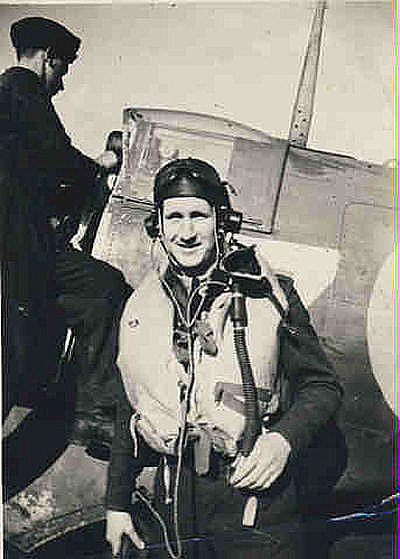
In 1970 Canada named a lake after Flight Lieutenant John Harten, Lake Harten lies in Ontario, Canada.
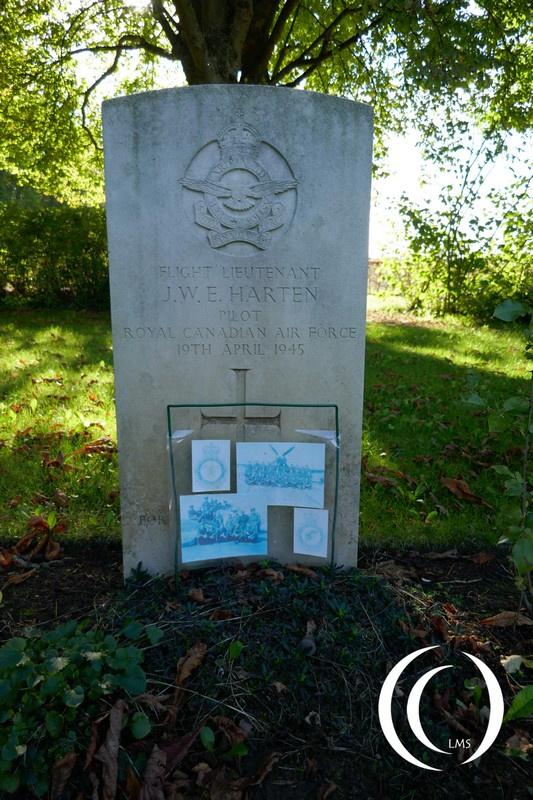
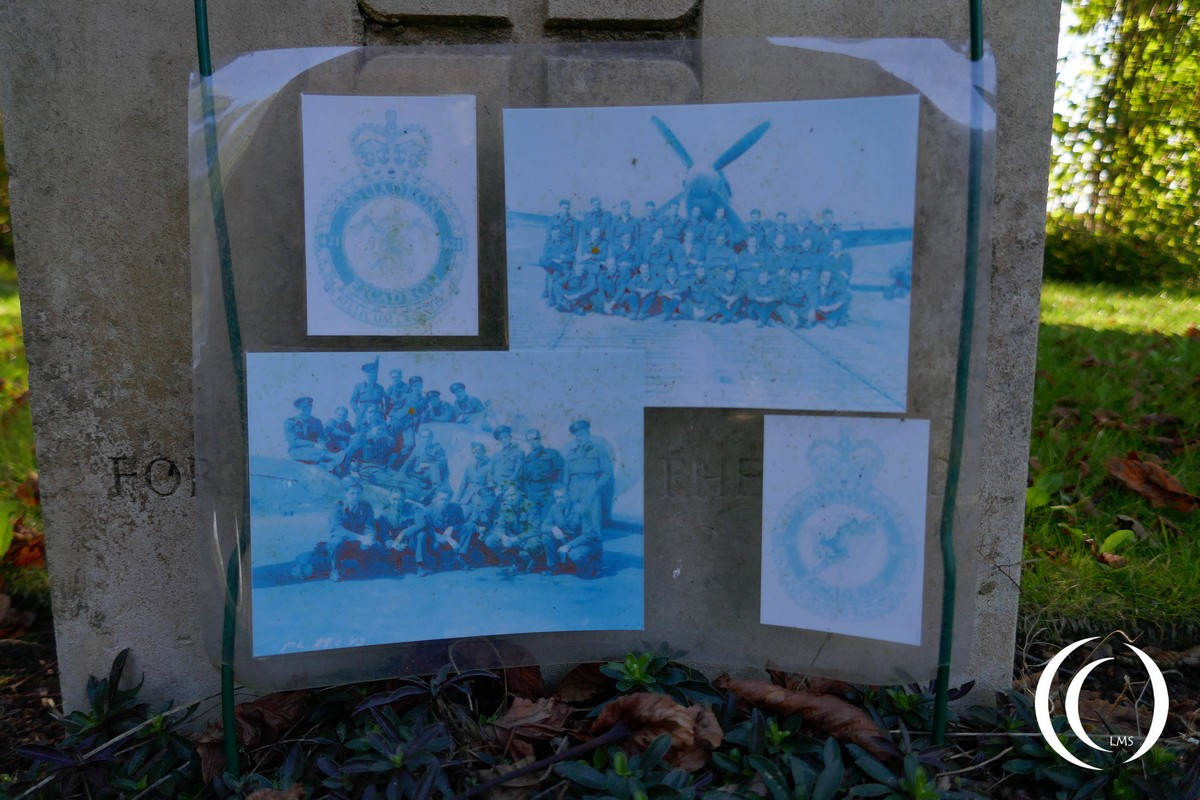
Visit
The Cemetery is free to visit during daytime hours.

Jimmy Short was my uncle. Happy memories of visiting him and his wife, Auntie Julienne, in Menil and Hotton. I have never forgotten ‘helping’ him with his work as a child and getting covered in ants. Thank you.